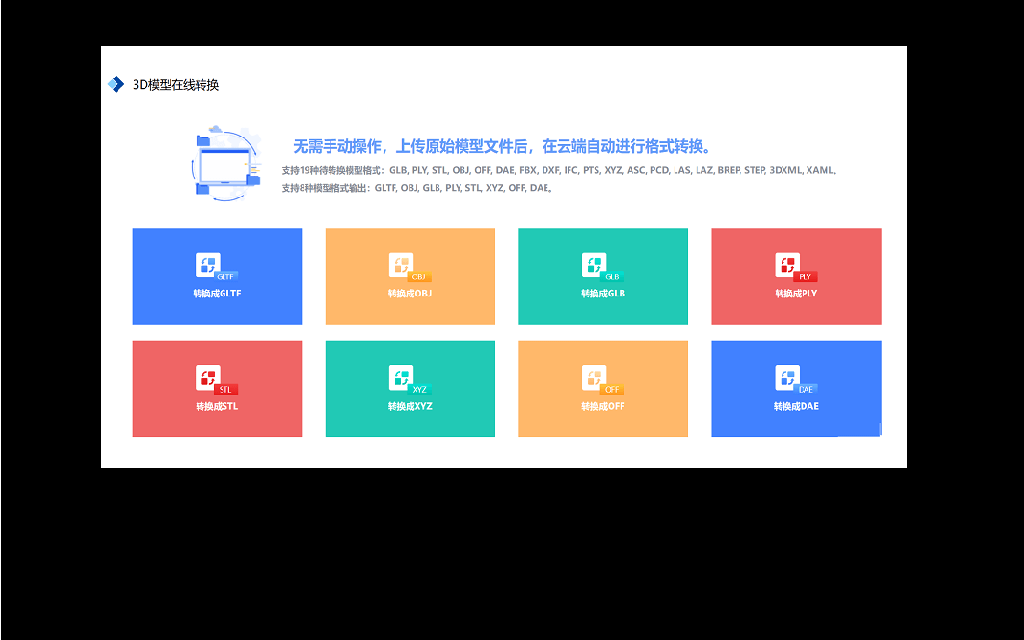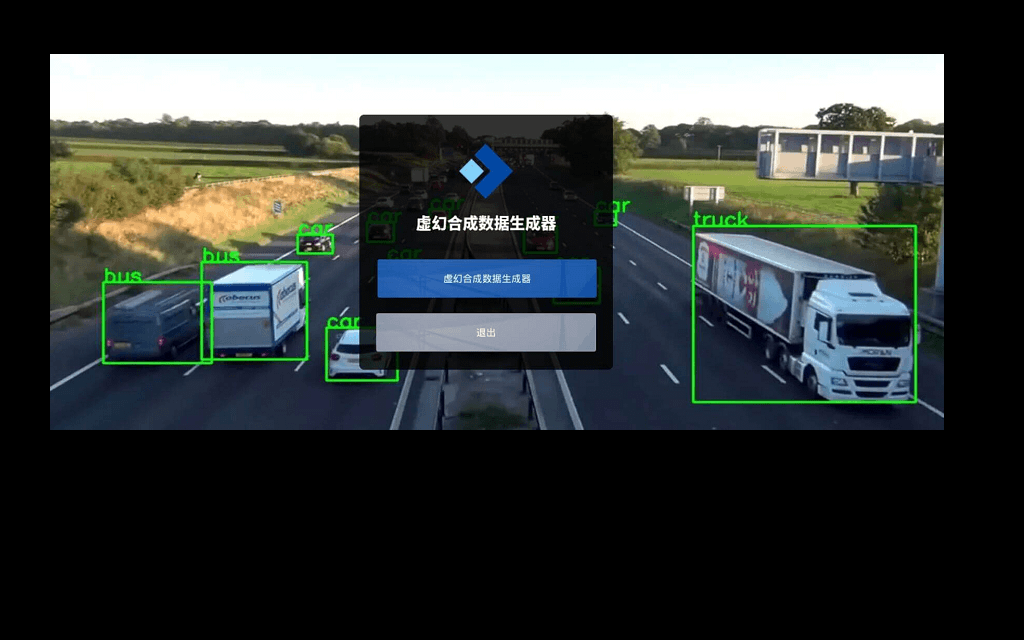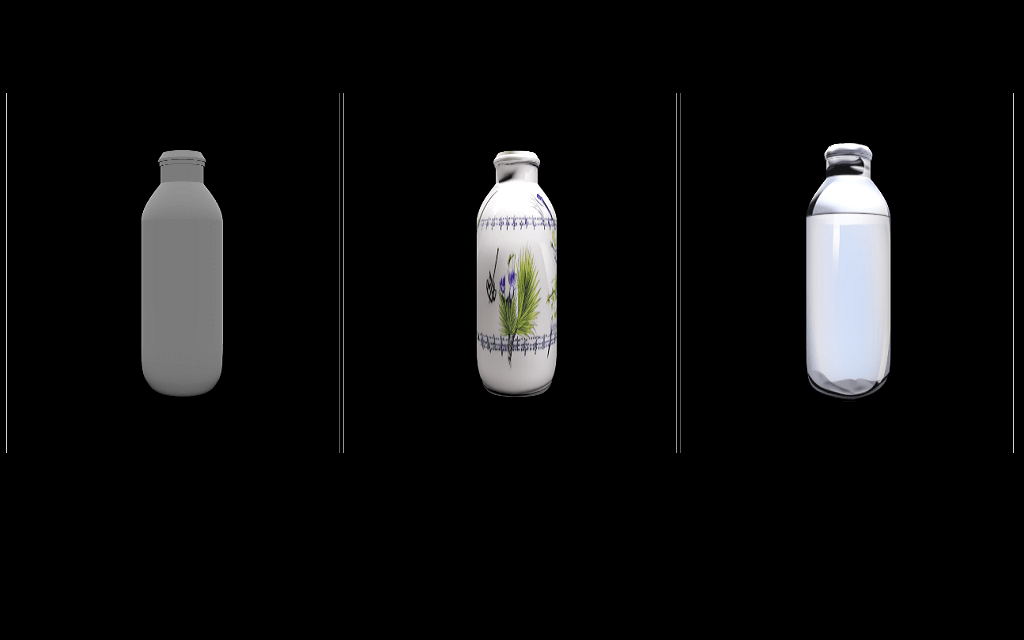distilbert-depression-base
This model is a fine-tuned version of distilbert-base-uncased trained on CLPsych 2015 and evaluated on a scraped dataset from Twitter to detect potential users in Twitter for depression. It achieves the following results on the evaluation set:
- Evaluation Loss: 0.64
- Accuracy: 0.65
- F1: 0.70
- Precision: 0.61
- Recall: 0.83
- AUC: 0.65
Intended uses & limitations
Feed a corpus of tweets to the model to generate label if input is indicative of a depressed user or not. Label 1 is depressed, Label 0 is not depressed.
Limitation: All token sequences longer than 512 are automatically truncated. Also, training and test data may be contaminated with mislabeled users.
How to use
You can use this model directly with a pipeline for sentiment analysis:
>>> from transformers import DistilBertTokenizerFast, AutoTokenizer
>>> tokenizer = AutoTokenizer.from_pretrained('distilbert-base-uncased')
>>> from transformers import DistilBertForSequenceClassification
>>> model = DistilBertForSequenceClassification.from_pretrained(r"distilbert-depression-base")
>>> from transformers import pipeline
>>> classifier = pipeline("sentiment-analysis", model=model, tokenizer=tokenizer)
>>> tokenizer_kwargs = {'padding':True,'truncation':True,'max_length':512}
>>> result=classifier('pain peko',**tokenizer_kwargs) #For truncation to apply in the pipeline.
>>> #Should note that the string passed as the input can be a corpus of tweets concatenated together into one document.
[{'label': 'LABEL_1', 'score': 0.5048992037773132}]
Otherwise, download the files and specify within the pipeline the path to the folder that contains the config.json, pytorch_model.bin, and training_args.bin
Training hyperparameters
The following hyperparameters were used during training:
- learning_rate: 3.39e-05
- train_batch_size: 16
- eval_batch_size: 16
- weight_decay: 0.13
- num_epochs: 3.0
Training results
| Epoch | Training Loss | Validation Loss | Accuracy | F1 | Precision | Recall | AUC |
|---|---|---|---|---|---|---|---|
| 1.0 | 0.68 | 0.66 | 0.59 | 0.63 | 0.56 | 0.73 | 0.59 |
| 2.0 | 0.60 | 0.68 | 0.63 | 0.69 | 0.59 | 0.83 | 0.63 |
| 3.0 | 0.52 | 0.67 | 0.64 | 0.66 | 0.62 | 0.72 | 0.65 |


